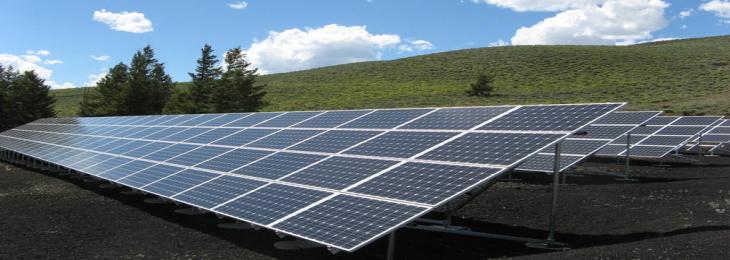Jul, 2021 - By WMR

MIT researchers have proposed a conceptual design for storing renewable energy.
This concept was proposed by engineers at MIT. Renewable energy such as solar and wind power can be stored using this design, and the stored energy can be delivered to an electric grid based on the demand. Heat generated by excess electricity from solar or wind power can be stored by this new design. According to the researchers, this design will be more affordable when compared to lithium-ion batteries.
Since the development of a pump that can withstand huge temperatures, researchers have been working on designing an energy storage system that could incorporate such a high-temperature pump. The new concept for a new renewable energy storage system is called TEGS-MPV, for Thermal Energy Grid Storage-Multi-Junction Photovoltaics. Instead of using fields of mirrors and a central tower to concentrate heat, electricity generated by any renewable source is converted into thermal energy via joule heating by this design. Moreover, this system when paired with other renewable energy systems can collect excess electricity and store it for later use.
Researchers say that this new system will need tanks that are thick and strong to insulate the molten liquid within. Asegun Henry said that the tanks should be made out of graphite. However, the research team was concerned about silicon reacting with graphite at high temperatures, thereby producing silicon carbide. This would lead to corrosion of the tank.
A small graphite tank was developed by the researchers to test the possibility. They filled it with liquid silicon. When the liquid was kept at 3,600 F for about 60 minutes, silicon carbide did form, but instead of corroding the tank, it created a thin, protective liner. Henry said, “This is geographically unlimited, and is cheaper than pumped hydro, which is very exciting. In theory, this is the linchpin to enabling renewable energy to power the entire grid.”

We will be happy to help you find what you need. Please call us or write to us: